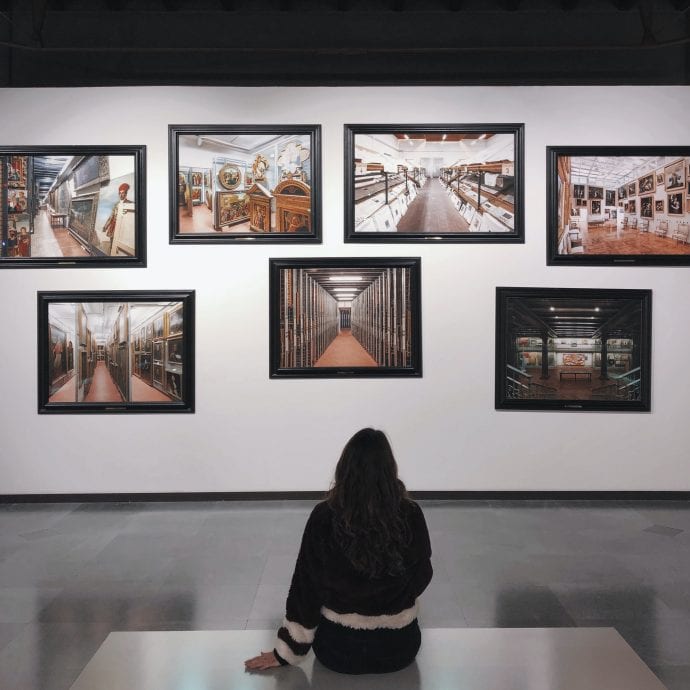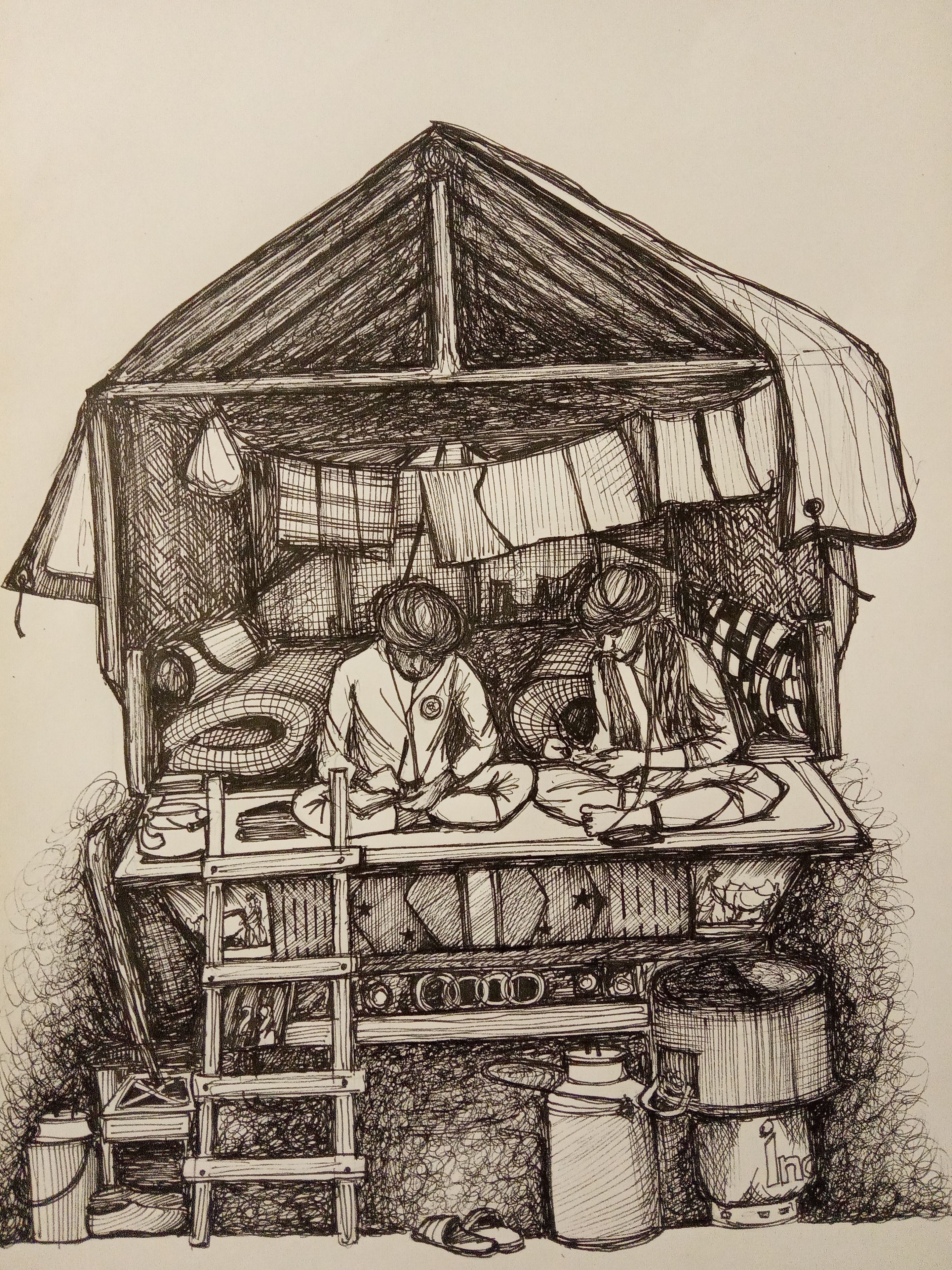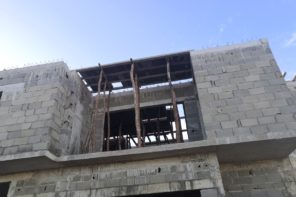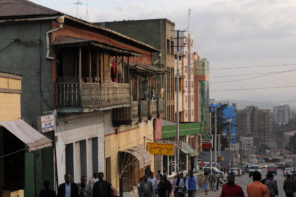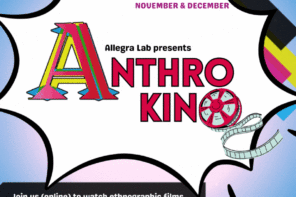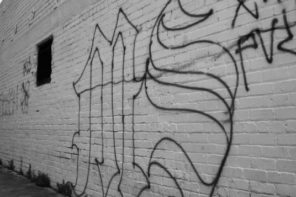I am very fatigued. Since the first day of 2020, something strange has happened to me. Every day I wake up to a different place – well, technically speaking, in either of two cities. If I find myself somewhere in Geneva this morning, I will be in Hong Kong the next morning, so on and so forth.
I don’t know why this is so and how it has come to be, but as my life unfolds ruthlessly, I have given up pondering over these matters. Luckily, I don’t have many family ties or friends in either of the two cities, so no one really cares about me and I don’t have to explain myself to anyone. My everyday routine is the same in both places: begin with the unknown, wander around, shut-eye as the day comes to an end, and start life anew in another place the day after…
––––
The other day, the first thing I heard on walking out of my flat into the streets of Geneva is the word “canicule”. I think my French teacher taught me the meaning of that word, but I can’t remember it. The real-time departure board at Geneva’s Cornavin train station shows that it’s 35 degrees centigrade, somewhat unusual in December. But as usual, trains come in and out, people of different shape, form, and colour get on and off, many having crossed the borders of France or Italy as if they were non-existent.
I need to get myself a cup of coffee, so I walk into an artisan coffee shop.
“Bonjour! Je voudrais…”
The words are stuck in my brain. I can’t finish the sentence in French properly…
“Eh, a cup of latte, SVP.”
I feel awkward, regretting not putting in enough efforts to learn French while studying at the Graduate Institute. To my relief, the barista offers me a friendly smile, says “Bonjour”, and then switches to English: “Is this your first time in Geneva?”
“Eh, yes.”
I can’t tell him that I come to Geneva every other day…
“Welcome to the city! Unfortunately, today is rather strange, it’s unusually hot. It’s not normally like this here. Climate change has caused such strange weather, we really have to do something to save the planet, don’t you think?”
“Oh? Climate change. Yes, it’s terrible.”
He gives me a quick glance as he is preparing the coffee and says, “there is a gathering in front of the Palais des Nations today. People will demonstrate to advocate for multilateral cooperation to deal with climate change. If you are interested, you should go and check it out.”
He gives me my coffee, and continues, “I recommend you take the route by the lakeside. The breeze off the lake may help keep you cool in the heat of the canicule.”
Surprisingly, the foam on top of my latte is more than perfectly made. He drew me the planet Earth, whose pattern is changing as the foam shrinks. Amazed, I thank him and head towards the lake.
On the way to the lakeside there are a lot of de luxe shops selling watch, expensive wine, or designer clothes. The festive December street decorations are dazzling and vivid, adding to the restlessness in the air. The high-quality leather jackets displayed in the windows would look more appealing if the weather were not that hot. But by the lakeside the gaggle of children do not care, they just jump into the lake and giggle non-stop.
Jean Piaget’s writing about childhood comes to me as I walk past a statue in his honour: children are not immature creatures that need to be made into adults, they are already individuals who are in the process of becoming themselves. But what will they learn as they go on to discover a world where there is a canicule in the Northern hemisphere’s December, I ask myself?
The Palais des Nations is not far away. There is already a big crowd under the Broken Chair when I reach it. There are also children, older than those I have just seen by the lakeside, holding posters and yelling slogans passionately.
“One, two, three, four…”
“…Our future is what we demand!”
A couple of minutes later, once more people have joined, the crowd calms down, and someone begins to speak into a loudspeaker. It is yet another speech on climate change like many that I have heard before, but this young lady, against a background of two rows of national flags flying along a road leading to the Palais des Nations, seems to have a distinct moral voice and authority.
“We people of the world must be united! We can and will be the last generation to face climate change!”
The audience is made up of a variety of age, race, and gender, and they all seem to be convinced by the speaker’s rhetoric, cheering her enthusiastically.
Hesitant and sceptical, I mumble slightly cynically to myself, “but will this speech really help solve the climate change problem in any concrete sense?”
A young gentleman overhears my words and turns around immediately.
“Yes, of course.”
I must have looked surprised and confused, and my question to myself must have revealed my outsider identity. But while his tone is firm and unquestionable, he has the same smile as the barista that I met earlier, and explains:
“In Geneva, we really believe in the power of the word. You know what? People could be deeply changed by hearing the written word spoken and reflecting upon it. We believe in the value of humanity in order to face global challenges, and we believe that talking about this value is a means to its ends. This speech, like many others, is indispensable to get people to do something about climate change.”
He then proceeds to spend the whole afternoon talking to me about climate change and the role that the people of the world can play to mitigate and reverse it.
Suddenly, the sun is setting, and I take my leave of my new friend. The overwhelming heat begins to disperse a bit. As it does, I suddenly also feel more optimistic that it is not just today’s heat that is dispersing, but that perhaps human beings will after all live up to the ideal of a promising future. It makes me suddenly realise that while I may think myself an outsider to Geneva, it’s not because of my appearance or because I don’t speak French – which, paradoxically, fit perfectly in this international city – but rather it’s because of my values….
––––
The next day I find myself in the hustle and bustle of Hong Kong, on the Canton Road, famous for its luxury shops. The road leads to the China Ferry Terminal, where inbound and outbound ferries connect with nearby cities in Mainland China and Macau. The digital departure board tells me that it’s another 35 degrees winter’s day. But strangely, I sense that the heat is way more unbearable than yesterday in Geneva. People are more restless, hurrying through the street while fanning themselves with whatever they have at hand, complaining about the weird weather and how it will negatively impact business. A crowd of impatient people is lining up outside the terminal. The immigration check takes on average thirty minutes as the passengers are crossing this particular border within China’s territory. The long wait turns the vast crowd into a bomb on the verge of explosion, adding to the agitation in the air.
Even outside the luxury shops, the narrow space is packed with people queueing up to enter. I see only adults. The heavy make-up of female customers melts as they begin to sweat in the heat. Opposite the high-value brands shops are stores selling imitation products, with prices less than half those in the de luxe stores. This tableau, intuitively, projects a sense of vanity and hollowness, making the products on show seem somehow less shiny.
Eager to find an air-conditioned place to sit down for a while, I enter one of the cheap stores. I get an attack of the shivers on pushing the door – it’s as cold as inside a refrigerator! Before my body can get used to the sudden change of temperature, I am met by an overly smiling face.
“Welcome to our shop! How can I help you, miss?”
The sales clerk speaks so passionately that it makes me feel honoured – or perhaps just flattered.
“Eh… I’m just looking around. Is that OK?”
I speak in Cantonese.
To my shock, the clerk’s face has changed before I can finish my sentence. Her toadying face suddenly becomes cold and full of disgust, a shift swifter than the temperature, provoking another shiver in me. I immediately realize that it’s because my Cantonese accent has exposed my Chinese mainlander origin, and mainlanders are deemed anything but affluent and civilized in Hong Kong. To the clerk, I simply don’t bring much value to her and her business as a mainlander.
She doesn’t bother talking to me anymore, going straight to greet another customer.
I persuade myself to ignore her impoliteness and sit down in a corner, shivering a little bit. I see another clerk nearby and ask,
“Do you think we really need to set the indoor temperature this low? Overuse of air conditioning can exacerbate climate change and make the weather even more unbearable.”
That’s what the young man told me under the Broken Chair in Geneva the previous day…
This time I speak in English, the clerk’s looks at me less rudely, but still responds rather indifferently: “Who cares about climate change, as long as we can keep our business running and make money? There’s no value talking about those high-sounding words such as protecting the Mother Earth.”
Confused, I leave and roam about the narrow streets of the city, walking in a forest of high-rises. In this city, everything is gauged by value – the land, the businesses, and the people. The feeling of being an outsider strikes me once again. I don’t belong here, because of my appearance, because of my language, and above all, because of my lack of value in the eyes of the city dwellers, who judge purely in monetary terms. Like and unlike Geneva, Hong Kong is also a value-based city.
––––
Today is December 31, the last day of 2020. I wake up in Geneva, only to find nobody around. It takes me little while to realize that everyone is literally gone! The latest newspapers scattered in front of unattended newsstands suggests that a pandemic has hit the world hard, killing billions of people.
The city is still in the grips of a canicule, but the empty world sends a shiver down my spine.
Has the history of humanity come to an end? I ask myself this a thousand times before I begin allow myself to drown in sorrow and despair.
No way! How can humans become extinct!
I want to cry my heart out. I want to scream loudly. But, for the first time in my life, I find that I can’t burst into tears, despite being filled with exploding desperation.
What’s the point of screaming if it is not to be heard?
What’s the point of a city if it is not to be lived?
All of a sudden, I realize that value is not a given, it is created, by people. The contrasting values of Geneva or Hong Kong do not matter, in both cases, a city is nothing when its people are gone. There are no value-based cities, only value-driven citizens.
I think that, for the rest of the day, the only meaningful thing to do is to tire myself out by walking and running ceaselessly, to exhaust myself so that I will physiologically need to sleep. I just hope that I will wake up in a different world when I wake up.
Will I be able to fall asleep tonight?
Will there be a tomorrow?
Explanatory appendix
This short story is a rewriting of Hugo Slim’s article “Geneva’s future: Reflections on the role of a values-based city”, International Affairs, 83(1): 109–125 (2007). Slim associated Geneva with eleven core values, and in my story, I wanted to try to express the particularity of Geneva’s identity as value-based, internationalist city. I decided to do so by comparing and contrasting Geneva with Hong Kong, to highlight the unique nature of the former’s values and how they are manifested in day-to-day lives in the city. Due to space constraints, I decided to focus on four of the eleven core Genevan values identified by Slim:
- Freedom of movement: people of all kinds move freely between Geneva and neighbouring countries, in contrast to the strict immigration checks at Hong Kong’s border.
- Childhood: children have fun in the lake despite the extreme weather; children are entitled to political participation as shown in their involvement in the mass demonstration.
- The power of the word: as reflected in my conversation with the young man under the broken chair.
- High-value products: the otherworldly luxury shops by the lake of Geneva, in contrast to prevailing materialism and consumerism of Hong Kong’s equivalent.
Finally, I used people’s attitudes towards climate change to reflect the faith in internationalism in Geneva.
At the same time, my short story also aims to draw attention to the definition of value. Value can be ideational. It can also be monetary. Personally, I think that the logic of the world is increasingly driven by the latter, while people only pay lip service to the former, which may or may not constitute a challenge to the city of Geneva. Essentially, what do people really mean when they say that a city is value-based? How are we to deal with the incompatible aspects between laudable ideals and the call to capitalist accumulation? In reflecting on this, I was also drawn to think about the relationship between the built environment and human beings. As David Harvey famously put in his article on “The Right to the City”, International Journal of Urban and Regional Research, 27(4): 939-41 (2003), in making cities humans remake themselves. People are not just the means to the city, but also the end. By depicting an extreme scenario where Geneva becomes an empty city, I stress that a value-based city – whatever its values – cannot exist in the absence of its people, who are the real vehicle of specific value systems.
Featured Image by Klaudia Piaskowska, unsplash.com

